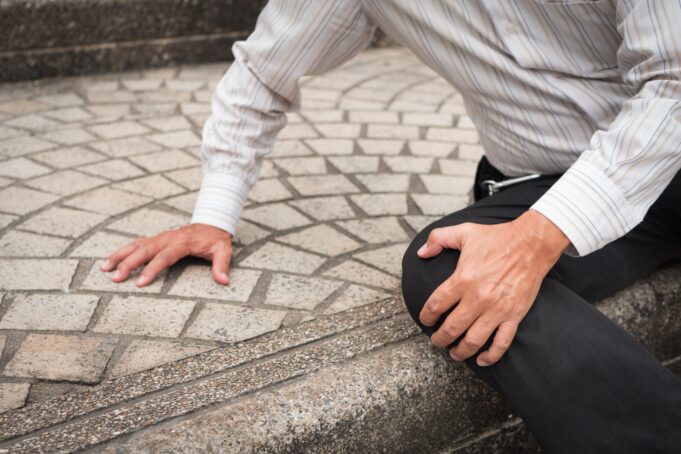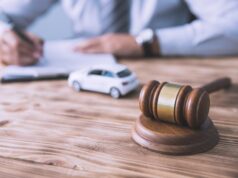Slip and fall accidents, as the name suggests, occur when an individual slips, trips, or falls due to a hazardous condition on someone else’s property. These accidents can result in minor bruises, severe fractures, or even life-altering injuries.
Beyond the physical pain, victims often face emotional trauma, financial burdens, and a diminished quality of life. When these accidents are a result of someone else’s negligence, it’s crucial for victims to understand their rights and seek legal recourse.
This post aims to guide you through the intricate maze of legalities surrounding slip and fall accidents, ensuring you’re well-equipped to seek justice.
Understanding Premises Liability
At the heart of most slip and fall cases is the concept of premises liability. This foundational legal principle firmly places the onus on property owners to ensure their premises are devoid of hazards and safe for all visitors.
Whether it’s a bustling grocery store, a friend’s cozy house, or a sprawling public park, property owners owe an unwavering duty of care to every individual who steps foot on their property. This duty extends beyond mere awareness; it demands proactive measures.
They must vigilantly inspect their property, rectify potential hazards, and take reasonable steps to prevent foreseeable accidents. For instance, consider a scenario where a store owner is aware of a leaky fridge. If they choose to ignore it, and a patron slips on the resulting puddle, the owner’s negligence is clear.
They’ve not only breached their duty of care but also jeopardized the safety of their visitors. If you’re a participant of an event of this kind down in Florida, it is vital that you contact a slip and fall attorney in Miami as soon as possible.
Gathering Evidence
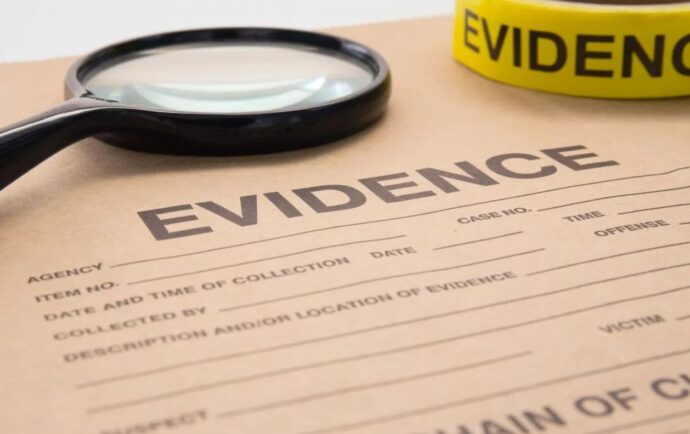
Evidence stands as the bedrock of any legal claim, acting as the voice of truth in a sea of uncertainties. If you’ve had the misfortune of experiencing a slip and fall accident, the immediate aftermath is crucial.
It’s not just about recalling the incident; it’s about meticulously documenting every detail. Begin by taking crisp, clear photographs of the accident scene from multiple angles, ensuring you capture the exact hazard that precipitated your fall.
Witnesses can be invaluable. If there were any bystanders or individuals who saw the accident unfold, approach them.
Gather their contact information, and if they’re willing, take down their firsthand accounts or statements. Furthermore, many commercial establishments maintain incident report forms as part of their protocol.
It’s your right to have a copy of this, so ensure you obtain one. It’s essential to act swiftly. The conditions, environment, or even the hazard that led to your accident can change or be rectified rapidly, making immediate, thorough documentation absolutely vital.
Seeking Immediate Medical Attention
Your health should always be the priority. After a slip and fall, it’s imperative to seek medical attention immediately, even if you initially feel fine. Injuries, especially internal ones like concussions, might not manifest symptoms right away.
Delaying medical care can exacerbate certain conditions. Furthermore, medical records serve as undeniable evidence of your injuries, significantly bolstering your legal claim.
These records provide a detailed account, highlighting the severity of your injuries, the treatment administered, potential recovery time, and any long-term implications or disabilities that might arise.
Identifying Negligence
In the realm of slip and fall cases, negligence can manifest in myriad ways: imagine a freshly mopped floor devoid of warning signs, a dimly lit staircase, or a public sidewalk marred with significant cracks.
These scenarios underscore instances where a property owner’s oversight or negligence might be the direct cause of an accident.
Recognizing these lapses is the first step, but legally proving such negligence is the linchpin in securing rightful compensation. Documentation, witness accounts, and expert testimonies can be instrumental in this endeavor.
Consulting an Attorney
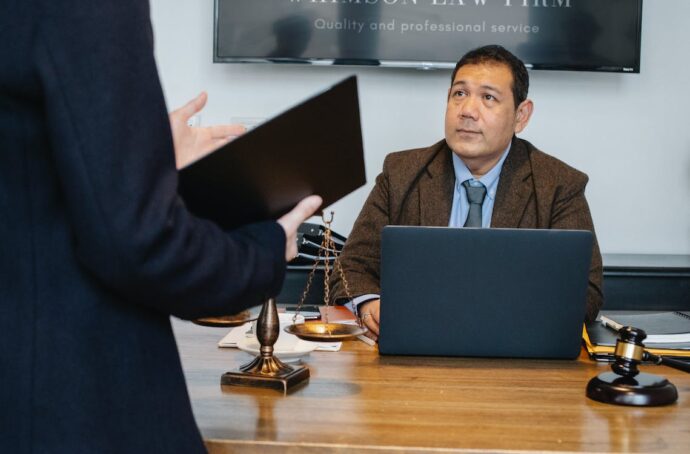
The aftermath of an accident can be overwhelming, with victims often finding themselves lost in a legal quagmire. This is where the expertise of a seasoned personal injury attorney becomes indispensable.
Such professionals bring a wealth of experience, offering insights into the viability of your case.
They demystify legal jargon, guide you through intricate legal processes, adeptly negotiate with insurance companies, and stand by your side in court if litigation becomes necessary. Their advocacy ensures your rights are always front and center.
Statute of Limitations
Every legal endeavor operates within a time frame, governed by what’s known as the statute of limitations.
For slip and fall incidents, this duration can vary based on jurisdiction, but it typically ranges from one to three years post the accident date.
It’s crucial to be cognizant of this window. Missing this deadline can irrevocably bar you from seeking deserved compensation, emphasizing the importance of swift, decisive action post-accident.
Calculating Damages
For victims of slip and fall accidents, the aftermath isn’t just physical; it’s financial too. Victims can claim a spectrum of damages, encompassing medical expenses, emotional pain and suffering, lost wages due to recovery, and more.
Determining the rightful compensation can be complex, factoring in both immediate and future repercussions of the injury.
An astute attorney, often in collaboration with medical professionals, can meticulously evaluate and quantify these damages, ensuring victims receive what they’re rightfully owed.
Negotiating with Insurance Companies
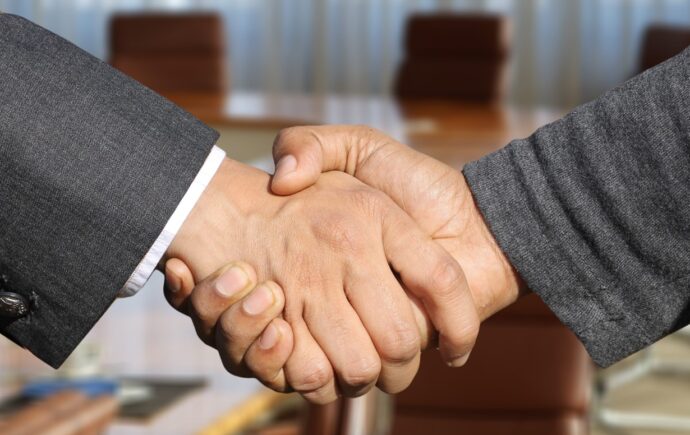
While insurance companies play a pivotal role post-accident, their primary objective often leans towards minimizing payouts.
During negotiations, it’s paramount to tread with caution. Refrain from providing recorded statements without your attorney present, as these can be used against you. Be skeptical of initial settlement offers; they often undervalue genuine claims.
An attorney, with their negotiation acumen, becomes your bulwark against such tactics, ensuring settlements align with your best interests.
Litigation and Court Proceedings
Should negotiations reach an impasse, litigation might loom on the horizon. This entails formally filing a lawsuit, delving into the discovery phase where both parties exchange evidence, attending a series of pre-trial hearings, and if a resolution remains elusive, proceeding to trial.
This journey, undoubtedly daunting, is navigated seamlessly with competent legal representation.
And while the prospect of a courtroom battle might be intimidating, it’s heartening to note that a vast majority of cases find resolution before that juncture.
Presenting a Strong Case
The linchpin of a successful slip and fall claim is the presentation of a watertight, compelling case.
This encompasses a multifaceted approach: meticulously showcasing tangible evidence, leveraging the testimonies of expert witnesses, and crafting a compelling narrative of your ordeal.
With a seasoned attorney helming your case, strategies are devised to unequivocally pin the liability on the negligent property owner, ensuring justice is served.
Seeking Justice and Compensation
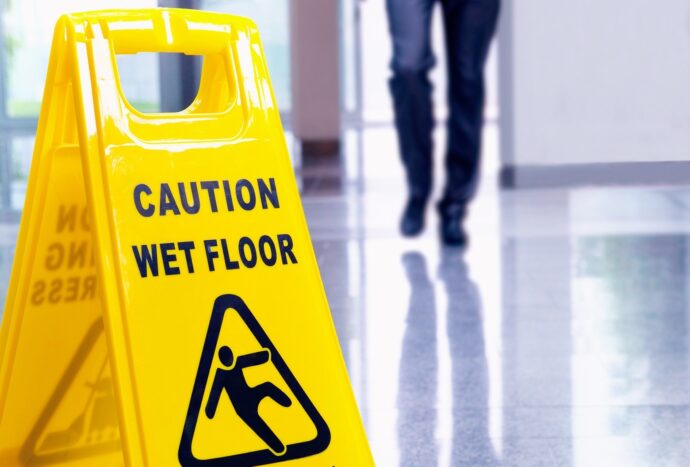
Slip and fall accidents can be life-altering. But by understanding your rights, gathering evidence, and seeking expert legal counsel, you can navigate the path to justice.
Always prioritize your well-being and remember that the law is on your side. If you or a loved one has experienced such an accident, take action. Consult legal experts and ensure your rights, and future, are protected.

